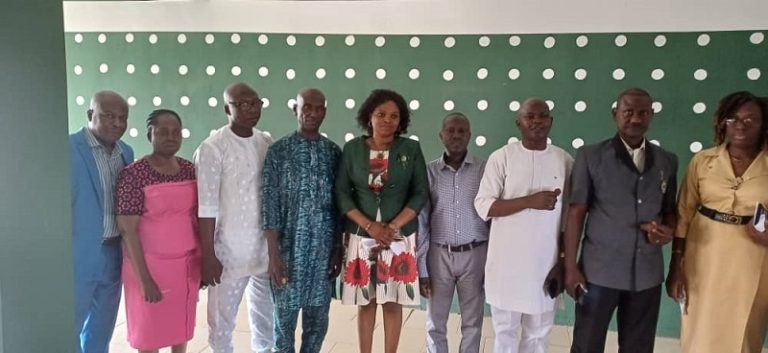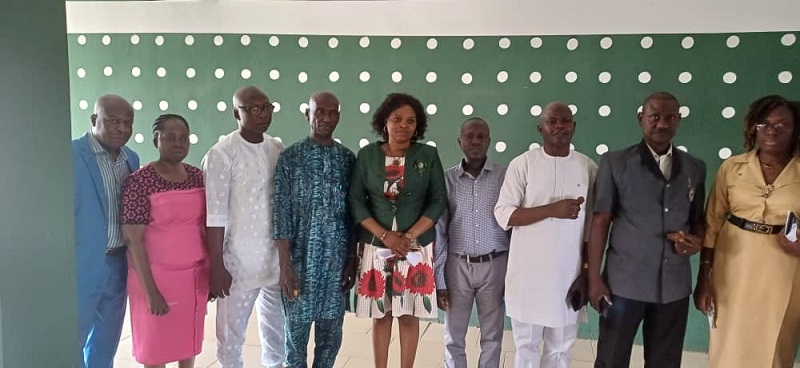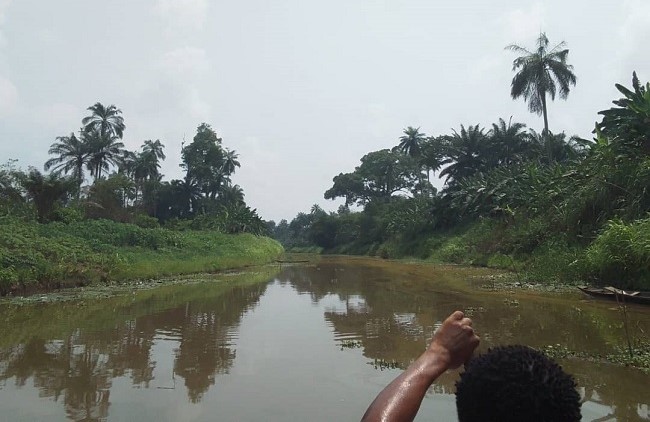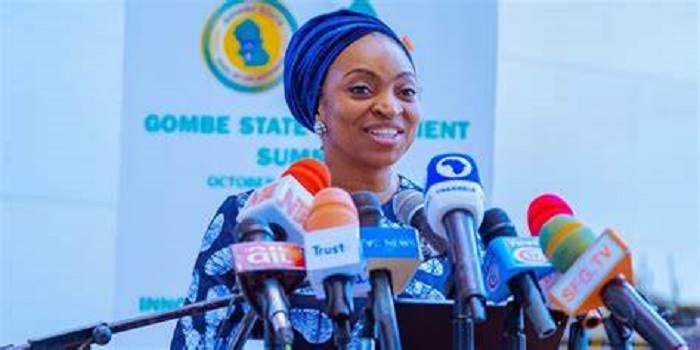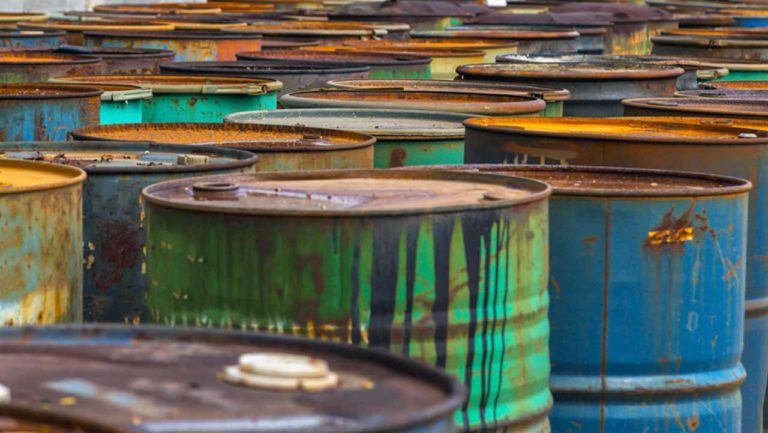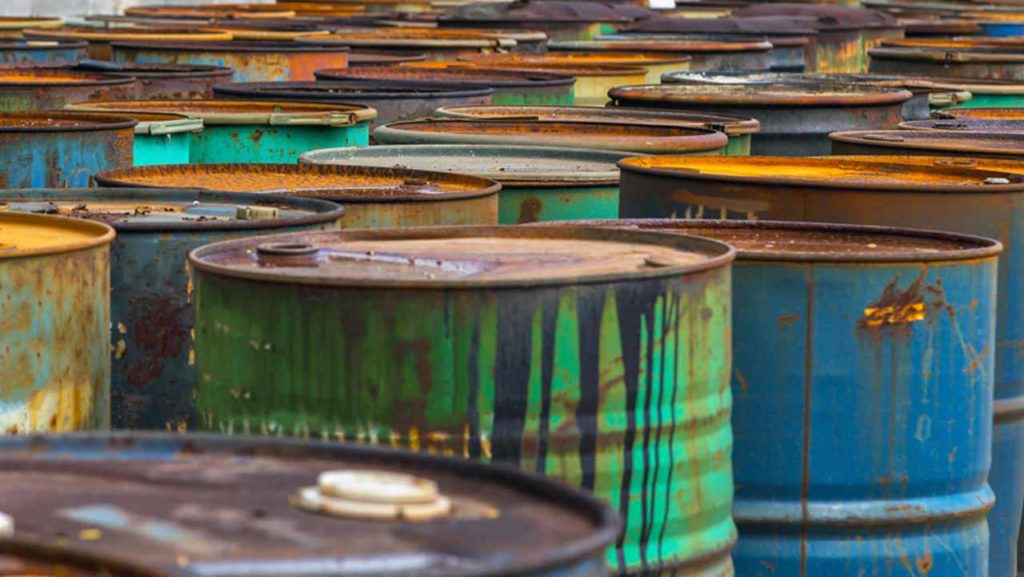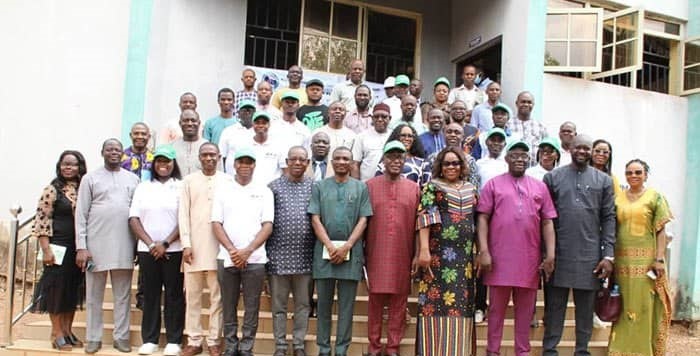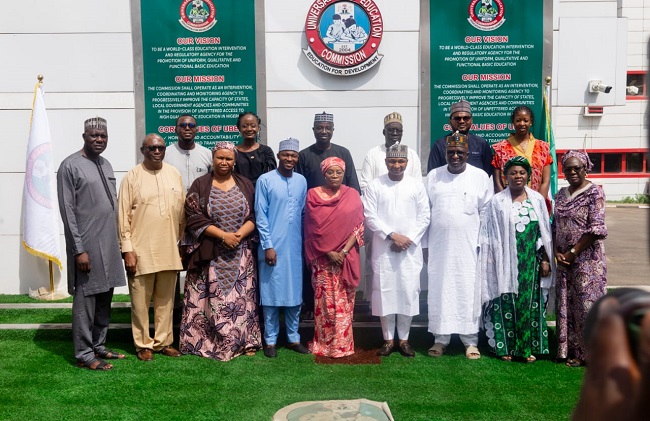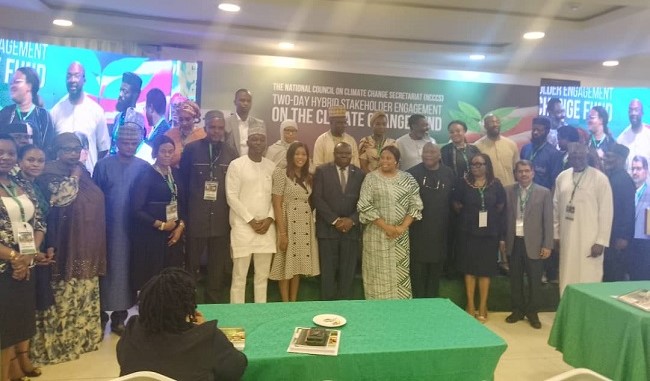The Federal Government has reiterated its commitment to promoting clean energy solutions as a key pillar of women’s empowerment, particularly in underserved communities across Nigeria.
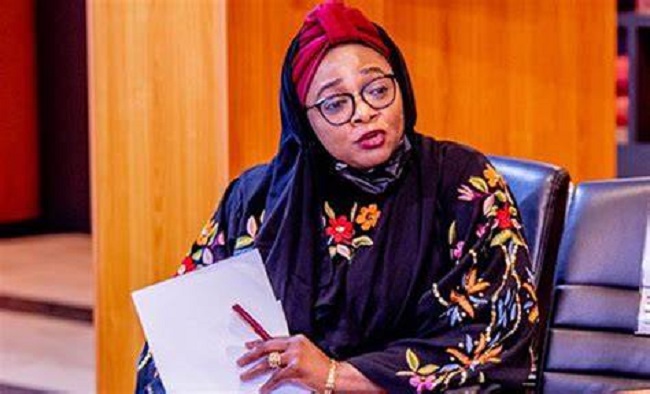
Hajiya Imaan Sulaiman-Ibrahim, Minister of Women Affairs, made this statement on Tuesday, March 4, 2025, at the Northeast LPG Penetration Programme and distribution of LPG cylinders in Maiduguri, Borno State.
The minister highlighted the urgent need to address energy poverty among Nigerian women.
Quoting data from the World Health Organisation (WHO), she revealed that more than 98,000 Nigerians die annually from complications related to household air pollution, largely caused by cooking with firewood and other solid fuels.
“This is one of the highest rates in the world. Yet, for too long, this issue has been ignored, and women have paid the price with their health, time, productivity, and security.
“Experts say the smoke a woman inhales daily from cooking with firewood is equivalent to smoking more than 100 cigarettes a day.
“That is far more than the average smoker,” she said.
Sulaiman-Ibrahim decried Nigeria’s position among the top five countries globally with the highest number of people relying on solid fuels for cooking, in spite of having Africa’s largest gas reserves.
She pointed out that this reliance on firewood significantly contributed to deforestation, environmental degradation, and climate change.
“Women and children are disproportionately affected, inhaling dangerous pollutants that contribute to lung disease and heart conditions.
“For a country with the largest gas reserves in Africa, which can meet domestic energy needs for decades and position Nigeria as a global clean energy leader, it is unacceptable that millions of households still rely on firewood for cooking.
“This highlights the urgent need for sustainable energy solutions that can improve the lives of millions while also advancing Nigeria’s role in the global clean energy transition,” she emphasised.
She explained that the LPG cylinder distribution event represented more than just providing cooking gas, it symbolised the government’s commitment to transitioning Nigerian families from firewood to clean, safe, and efficient cooking solutions.
“The ministry has established the Steering Committee for the Nigerian Women Liquefied Petroleum Gas (LPG) Scale-Up and Empowerment Initiative to ensure the sustainability of this transition.”
Sulaiman-Ibrahim added that about one million households would be transitioned to clean cooking solutions over the next three years, with a focus on underserved areas.
She also emphasised that the initiative would provide women with economic opportunities in the LPG value chain through training, entrepreneurship, and financial support.
While interventions like LPG cylinder distribution were crucial, she stressed the need to remove systemic barriers to clean cooking adoption.
“The government is advocating fiscal incentives to make LPG more affordable and collaborating with state governments to integrate clean energy into social intervention programmes.
“The ministry’s Strategic Roadmap for Women’s Economic Empowerment and Clean Energy Adoption will focus on mobilising resources, fostering partnerships, and implementing targeted interventions to eliminate energy poverty.
“We cannot continue to lose our mothers, daughters, and children to preventable health conditions caused by indoor air pollution.
“We cannot afford to destroy our forests at an alarming rate when a cleaner, safer alternative exists.
“We cannot, in good conscience, claim to be working for women’s empowerment while leaving them trapped in a cycle of energy poverty.
“The ministry will not rest until every Nigerian woman, no matter where she lives, has access to clean, affordable cooking solutions,” she said.
She also acknowledged the support of stakeholders and Gov. Babagana Zulum for their contributions to women’s empowerment.
She urged men to champion the transition to clean cooking, emphasising that a healthier home would benefit everyone.
By Justina Auta

